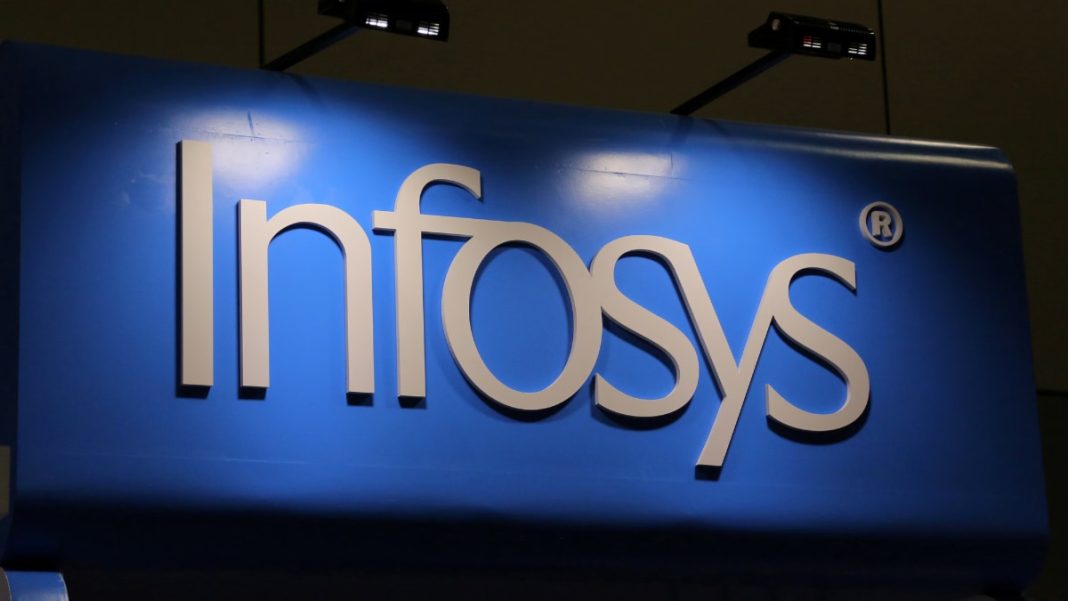Key Takeaways
- US government shutdown delays SEC and CFIUS clearances for Indian firms.
- Infosys’ ₹18,000 crore buyback and Hindalco’s $125 million acquisition impacted.
- Delays are procedural, not regulatory; deals will proceed once US agencies resume.
The ongoing US government shutdown is creating significant roadblocks for major Indian corporations with American operations. Key regulatory bodies like the Securities and Exchange Commission (SEC) and the Committee on Foreign Investment in the United States (CFIUS) are operating with minimal staff, delaying essential filings and clearances.
Infosys Buyback Faces Timeline Uncertainty
Infosys is experiencing delays in its record ₹18,000 crore share buyback. Despite receiving shareholder and SEC approval in mid-September, the company has not been able to announce a record date. The SEC’s skeletal workforce is slowing down the processing of routine correspondence and tender-offer documentation.
“The US government shutdown will not derail Infosys’ buyback, but it may slow the process,” Phil Fersht, founder and chief executive of global tech advisory HFS Research, told FE. “The company’s filings with the SEC are procedural, not approval-based, so any delay will be about timing rather than regulatory risk. “The real governance lies under Sebi, and that process remains unaffected,” he added.
This buyback, Infosys’ largest ever, involves repurchasing up to 100 million shares at ₹1,800 per share. Promoters have chosen not to participate, while ADR holders can convert their holdings to take part.
Hindalco’s US Acquisition Also Stalled
Similarly, Hindalco Industries’ $125 million acquisition of US-based AluChem is on hold. The CFIUS review process has been suspended due to the shutdown. After accepting Hindalco’s initial declaration in August, CFIUS requested a long-form submission on September 30, but the shutdown the next day paused all statutory deadlines.
This acquisition, announced in June, is a strategic move to bolster Hindalco’s specialty alumina portfolio. Its completion is now entirely dependent on the US government resuming normal operations.




